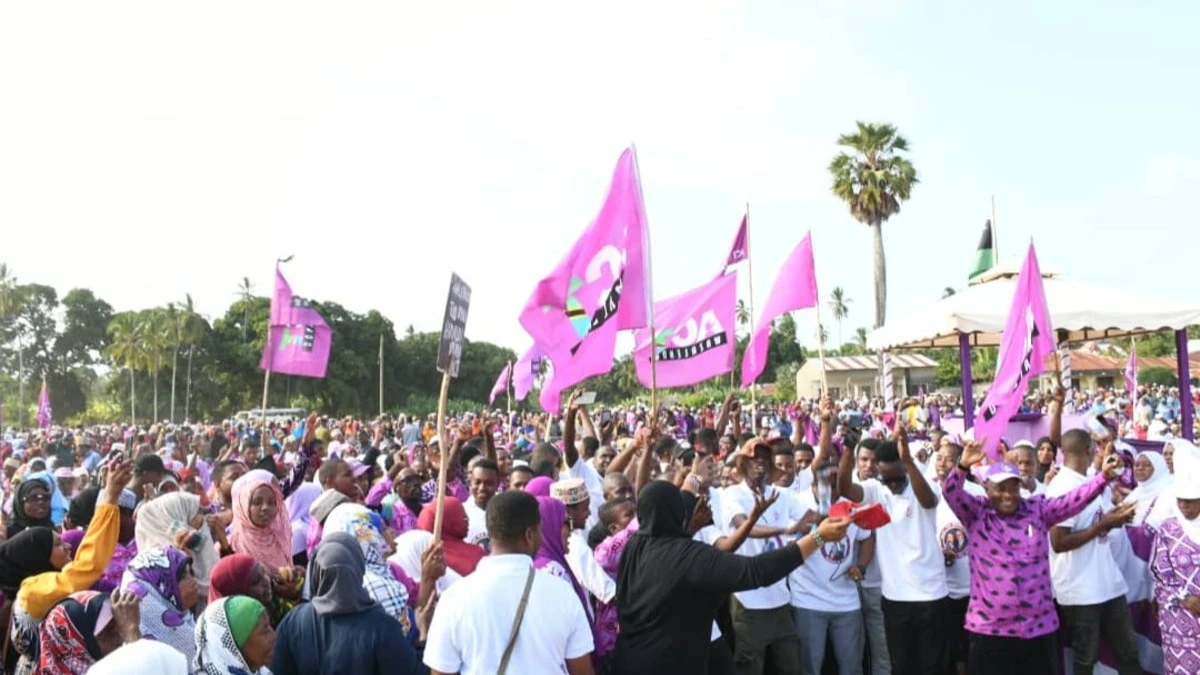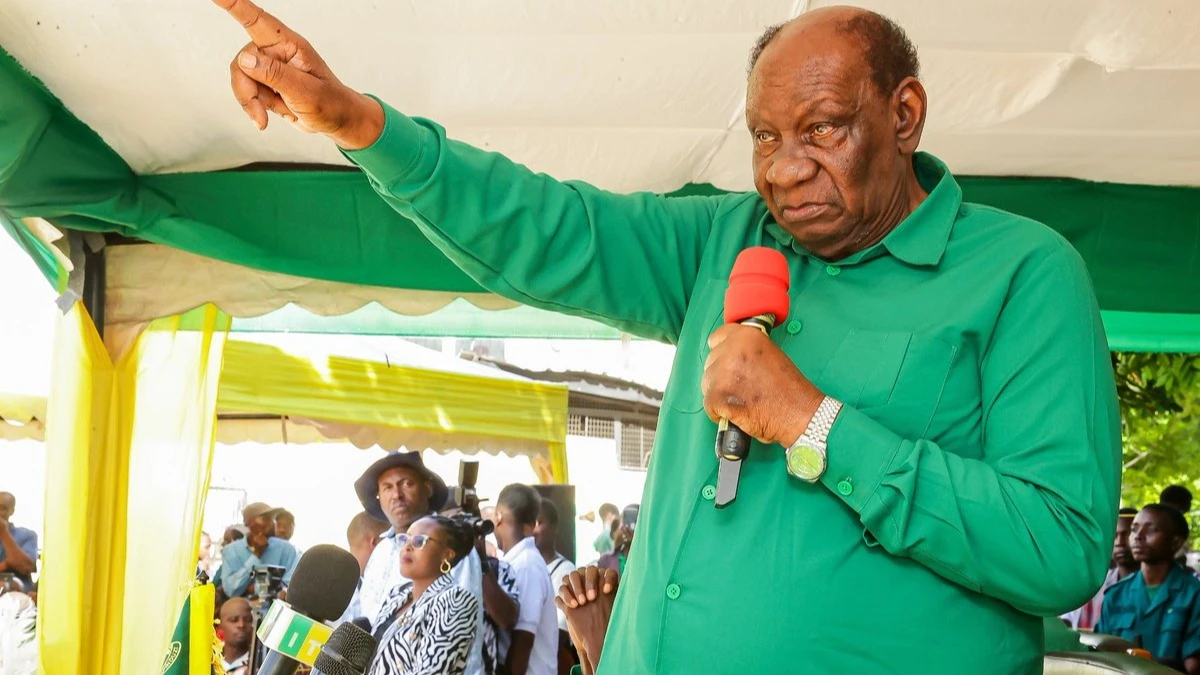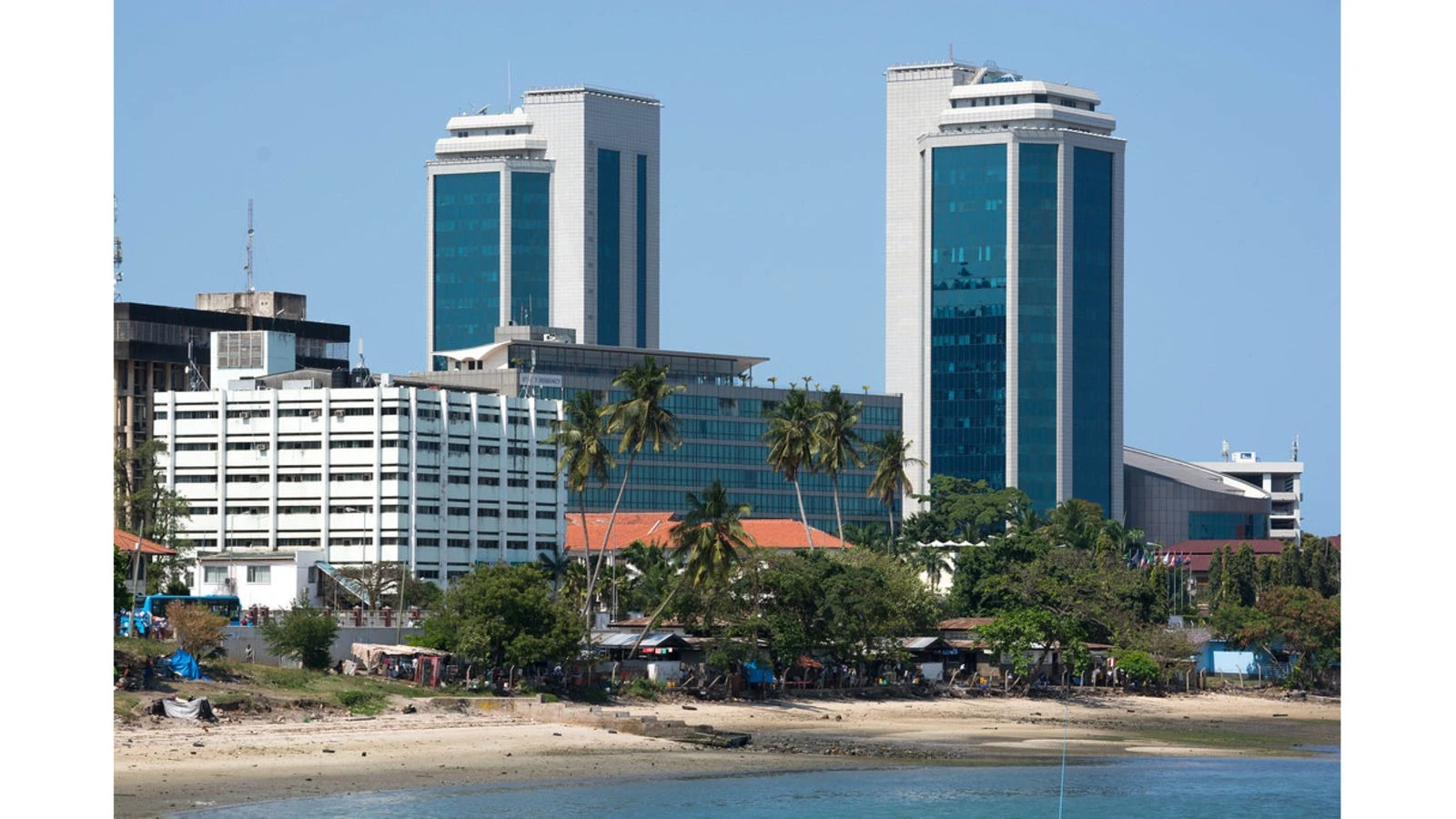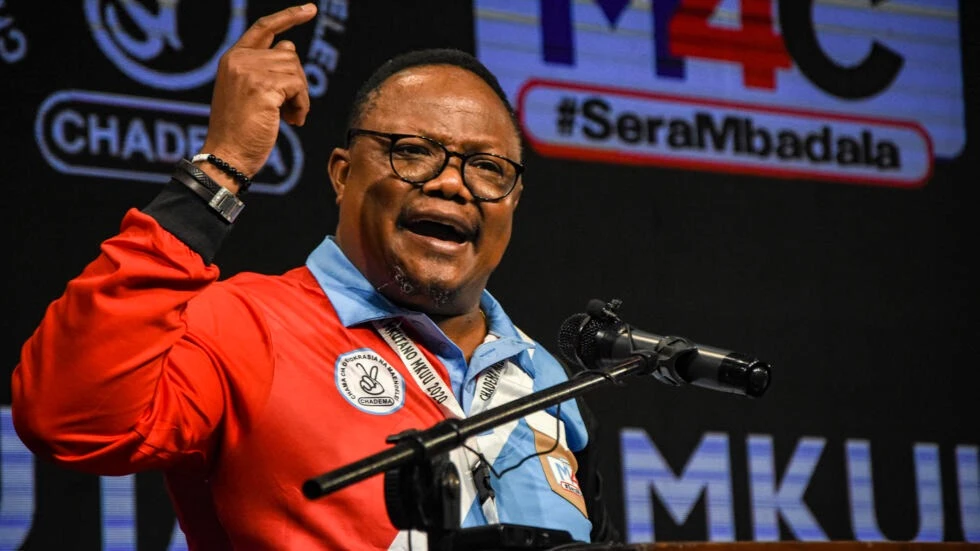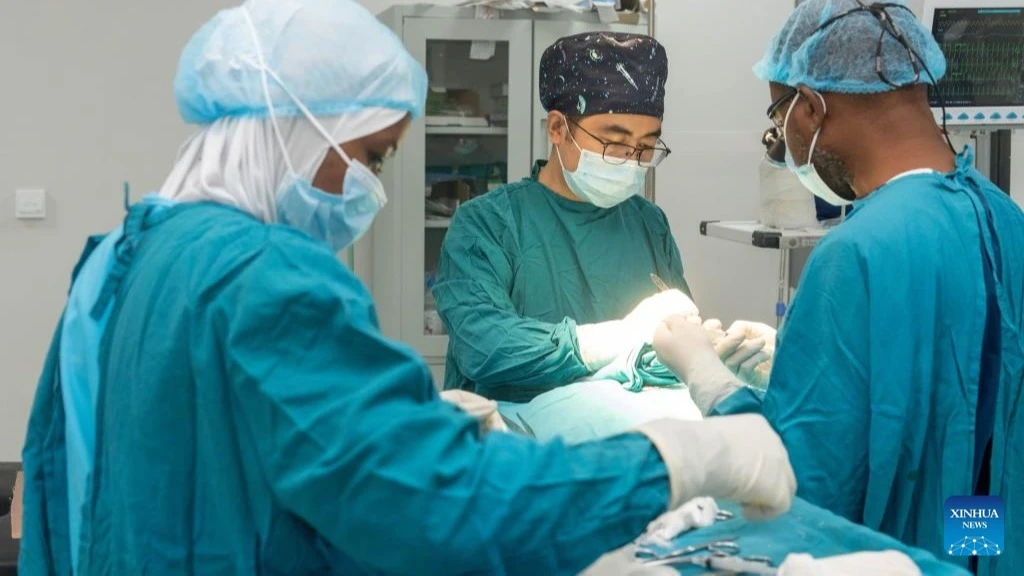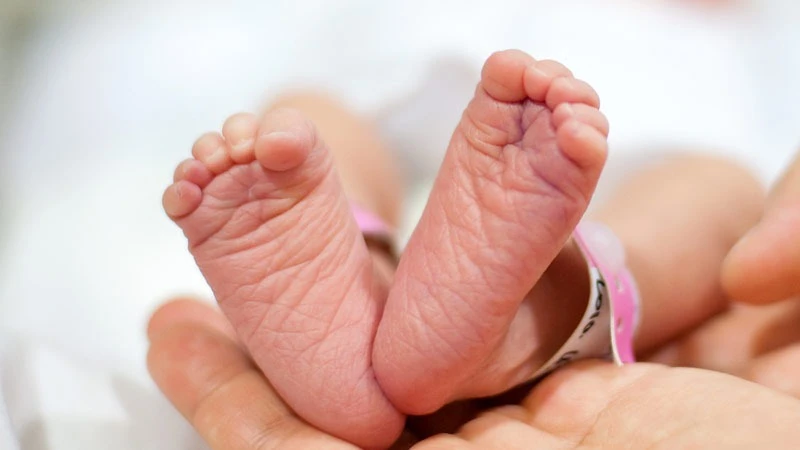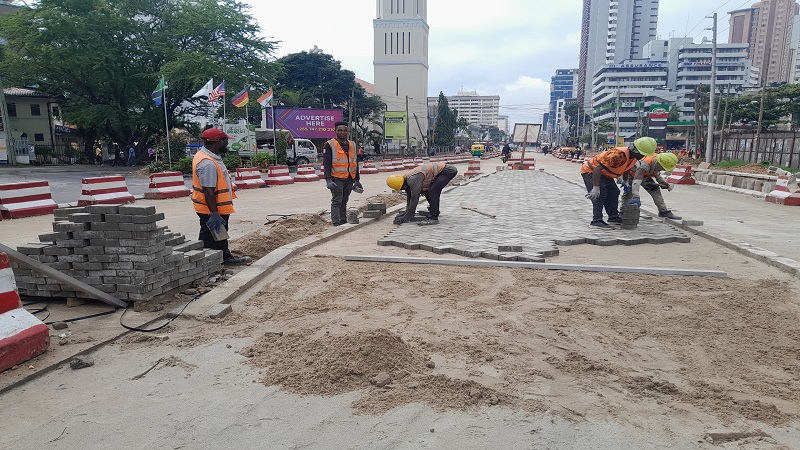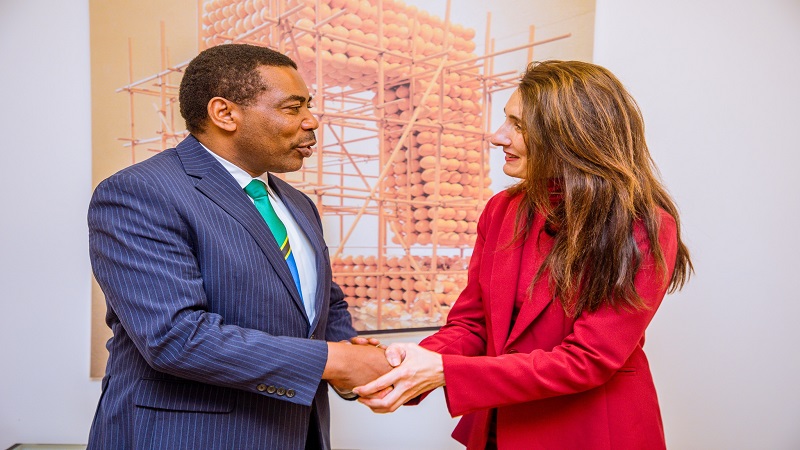Mongella appeals for investment in tech to ease burden of hard labour for women
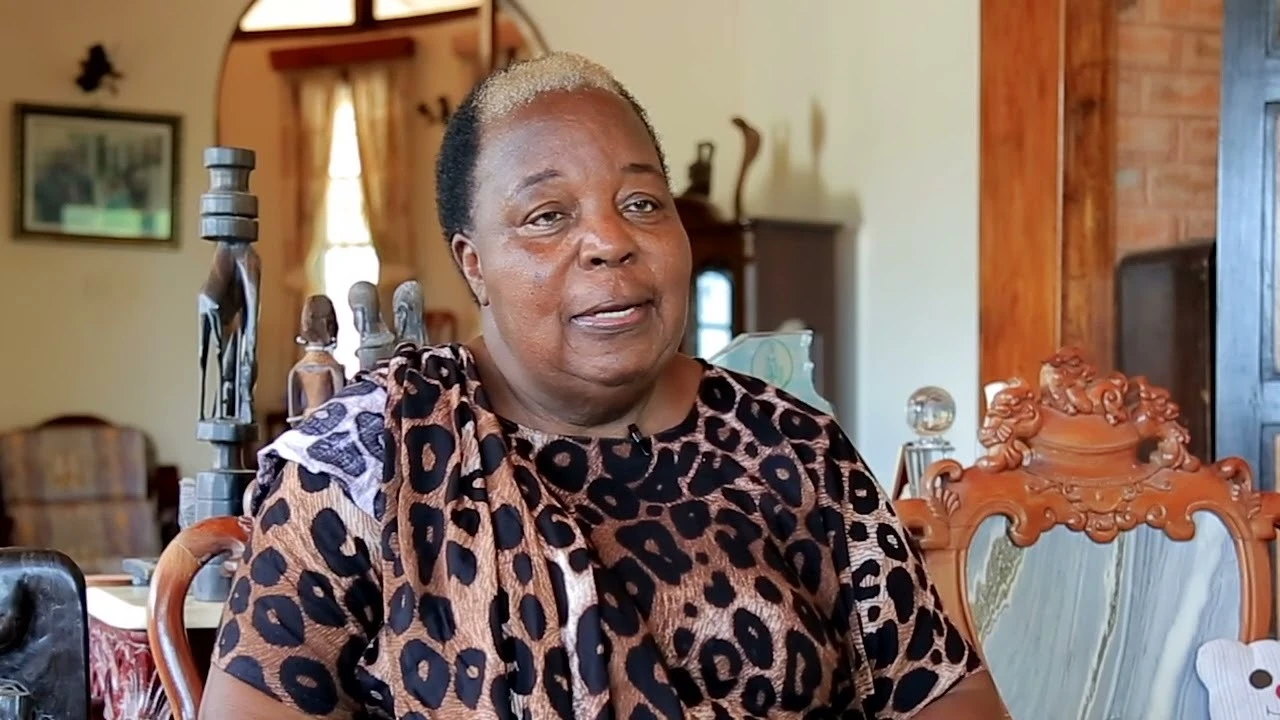
VETERAN politician and women’s rights activist Ambassador Gertrude Mongella has called for increased investment in technology to transform lives of women, urging leaders to prioritise innovations that ease the burden of hard labour for women, particularly in agriculture and domestic work.
Speaking in Dar es Salaam on Wednesday during a high-level forum to mark 30 years since the historic Beijing Conference, Mongella (80) said that while Tanzania has made commendable progress in women’s empowerment, the next frontier must be a technological revolution that directly improves the lives of ordinary women.
It was organised by the Coalition on Women, Constitution, Election and Leadership (WCEL) and Women’s Fund Tanzania Trust (WFT-T) and partners.
“If I have more time to live, I will be happy to see the day when a woman no longer tills the land with a handheld hoe, but with a tractor. There must be a clear strategy that supports women not only to use modern technologies but also to design and produce the same,” she said.
Mongella’s statement comes amid growing debates about inclusive economic development and the need for gender-responsive investments in science and technology. Her remarks highlighted a gap in the country’s current empowerment strategies, which, while progressive in policy, are yet to reach rural women who continue to rely on manual tools in farming, food processing and domestic chores.
She urged both government and the private sector to align investments with practical and accessible technologies that can liberate women from labour-intensive routines.
“The time is now to move from slogans to solutions. If we want true economic freedom for women, let’s give them the tools,” she said.
UN Women Country Representative Hodan Addou emphasised the need to empower young women activists and innovators to lead change.
Addou stressed that bridging the technology gap is critical to achieving the goals of the Beijing Platform for Action.
“Funding for gender equality is a crosscutting issue that is critical to ensuring our priorities do not remain as mere dreams but are rather actionable steps that can be implemented,” she said.
Hope Chigudu, a Ugandan veteran feminist and activist living in Zimbabwe, called on African governments, civil society organisations and women’s rights movements to begin shaping a new, African-led feminist framework—one that builds on the lessons of the Beijing Platform for Action but reflects the lived realities of African women and girls.
She emphasized that while the Beijing 30+ review process provides an opportunity to reflect on progress made since the historic 1995 conference, there is a critical need to create what she termed an “African Beijing”—a homegrown, context-specific agenda that is rooted in the continent’s social, political and economic realities.
“Beijing+ 30 has offered important lessons, but it’s time to create an African Beijing—one that speaks directly to the realities, struggles and aspirations of African women,” she said. “We need a framework that is rooted in our context, led by our voices and built on the knowledge and resilience of African women. This is how real transformation will happen.”
Chigudu noted that many of the global frameworks, while valuable, often fail to capture the nuances of African gender dynamics, including the impacts of colonial legacies, traditional power structures and economic inequality.
She argued that African women have long been at the forefront of resistance and leadership in their communities, yet their contributions remain under-recognised in global policy spaces.
Deputy Minister for Finance, Hamad Chande, also acknowledged the central role of women in national development and underscored the importance of continued reform and investment to create inclusive growth.
He assured that the government will continue to implement strategies and put conducive environment to boost women progress.
Top Headlines
© 2025 IPPMEDIA.COM. ALL RIGHTS RESERVED









